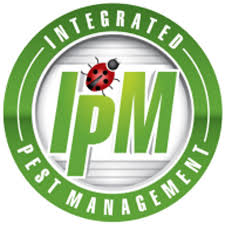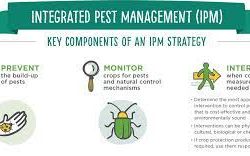Boosting Nigerian Harvests: The Power of Integrated Pest Management (IPM)

Nigeria’s agricultural sector, vital for food security and economic growth, faces persistent challenges from pests. These pests inflict significant crop losses, threatening livelihoods and hindering national development. While traditional pesticide use offers a quick fix, its long-term consequences – environmental degradation, human health risks, and pest resistance – demand a more sustainable approach. Integrated Pest Management (IPM) offers a powerful solution.
IPM is a holistic strategy that prioritizes prevention and utilizes a combination of methods to control pests. It emphasizes understanding pest biology, monitoring populations, and implementing cultural practices like crop rotation and sanitation. Biological control, using natural enemies, and judicious pesticide application are also integral components. By adopting IPM, Nigerian farmers can significantly reduce their reliance on harmful chemicals, minimize environmental damage, and safeguard their health.
The benefits extend beyond environmental protection. IPM leads to increased crop yields, improved produce quality, and reduced production costs.
This translates to higher incomes for farmers and enhanced food security for communities. However, successful IPM implementation requires collaborative efforts. Farmer education, access to resources, and government support are crucial. By investing in IPM, Nigeria can unlock its agricultural potential, fostering a sustainable and prosperous future for its farmers and its nation.




